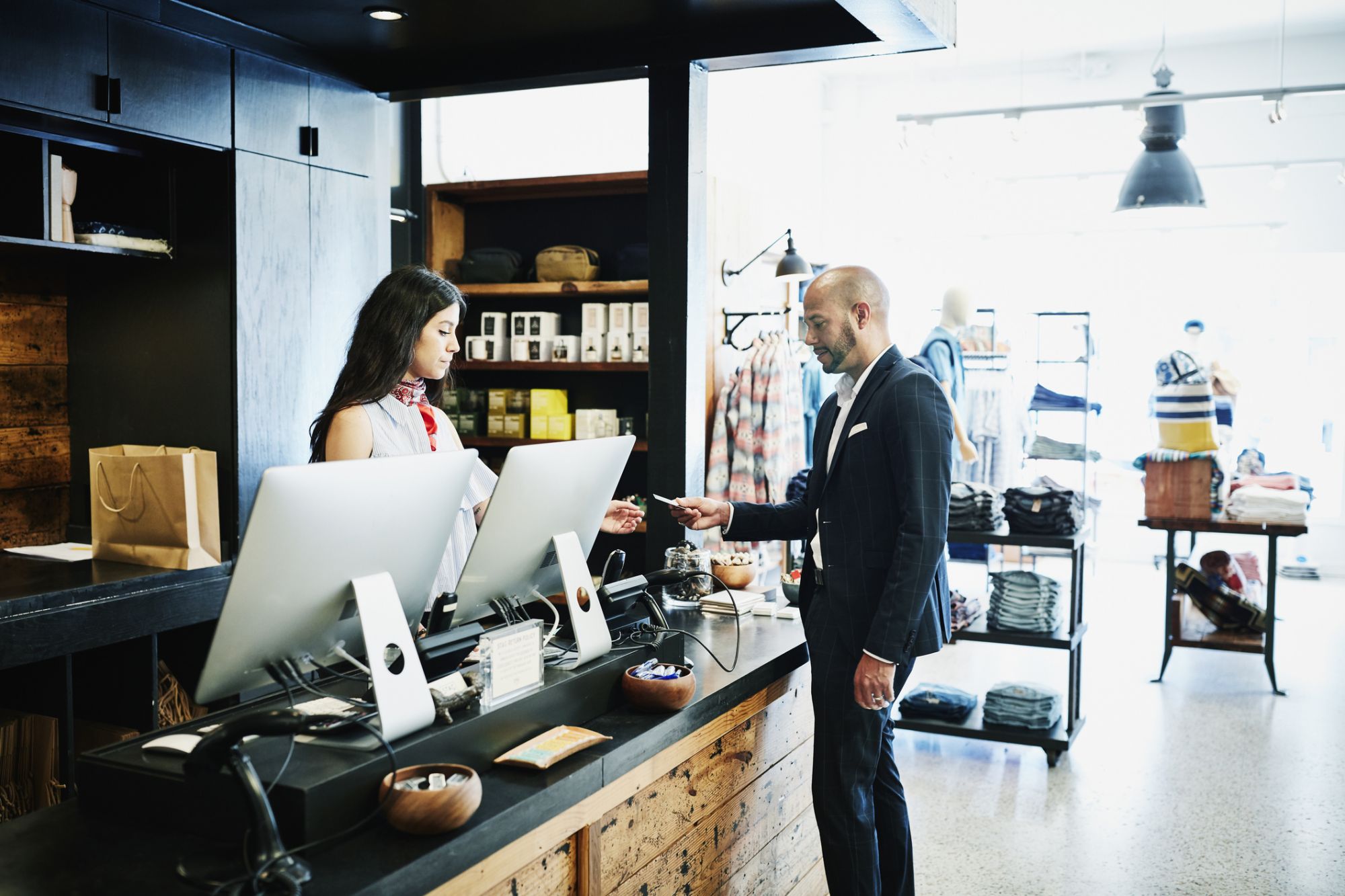The Emotional Factors That Drive the Buying Behavior of Affluent Customers Find out which 'E-Factors' are pushing the purchase of goods and services by those with money.
Opinions expressed by Entrepreneur contributors are their own.

The following excerpt is from Dan S. Kennedy's book No B.S. Marketing to the Affluent. Buy it now from Amazon | Barnes & Noble | IndieBound
E-Factors are the emotional drivers of buying behavior. The fact is, everybody's buying behavior is driven by emotions, then justified as necessary, after the fact, with logic.
The generic E-Factors that apply to everybody are:
- fear
- guilt
- pride
- greed
- love
In addition to the E-Factors that affect everybody, the affluent have a particular set of E-Factors to consider, some of which may surprise you:
- insecurity
- fear of being found to be fakers
- desperate desire not to commit a faux pas
- wanting to be "today, not passé"
- feeding their emotional emptiness
- giving themselves gold stars
- what's the point of being rich?
The affluent are insecure in many ways. They certainly worry about going backward, about losing their money, status, or privileges. If you've never been rich, you have no frame of reference, but if you've been rich then poor, you know what you're missing! They're acutely aware of the aggravations, inconveniences, and financial difficulties endured daily by ordinary people—and they lose a few winks every night worrying about waking up back there again.
More important, they're concerned with being found out. Affluents who've gotten there largely on their own become keenly aware that everybody else thinks of them as profoundly smarter or more talented or privy to special information. The affluent are also very sensitive to judgment by their own chosen tribe or other affluents and are worried about "using the wrong fork" one way or another, showing up in an out-of-fashion dress, not knowing what the others know and converse about during cocktails at the club. Think of the whole thing as a high school clique, and everyone in it as desperate for acceptance by the others and secretly feeling the others may be superior.
These anxieties actually spur a lot of productive behaviors and ironically contribute to the successful becoming more successful, the rich becoming richer. They may eat healthier and exercise more to look better as a path to status with peers. They may read more, read more eclectically, and stay more abreast of political and financial news, leading to more successful investing. They may contribute to charitable and civic organizations and activities as a means of self-validation and validation within the tribe. These anxieties can obviously be used in selling to them, and marketers should pay heed.
A lot of affluent consumers' purchasing is done as a means of showing themselves respect and giving themselves the recognition for their hard work and accomplishment they don't feel they're getting from others. Being subtly told that "You deserve this (and most others don't)" and "Owning this signifies accomplishment and status and commands respect" is extremely persuasive to the affluent.
The mass-affluent also have their own special E-Factors:
- the aspirational acquisition
- I own therefore I am
- Knowing the secret handshake and having those who know it know you know it
This last one is all about being part of the clique. Having visibly arrived. In the post-World War II era, when the suburbs were becoming both a place and a way of life, it was called "keeping up with the Joneses." Auto, TV, home improvement, and similar industries—as well as credit companies—benefited by this force of nature; if one driveway on the street suddenly provided a home to a new station wagon, a fleet of station wagons was sure to follow.
But today, there's a more complex collection of emotional drivers behind the purchases of the mass-affluent. There is still some of the "Look, we've arrived" going on, but a lot of purchases are made as a forward statement of "Look where we're going." I call these "aspirational acquisitions." The woman with a full-time career and two kids who's too exhausted to cook anything you can't microwave in its own dish still buys a $75,000 custom kitchen with a cooking island and state-of-the-art equipment, as she aspires to be more Martha Stewart than Rachael Ray, and she intends to devote more time to the art of cooking very soon. If you tour the typical mass-affluent's home, you'll find they own all sorts of things bought because their peers have them, other things bought with the strong intention of investing time and energy in them sometime soon—from nearly empty, home wine cellars to rarely used home gyms and saunas.
For the mass-affluent, the things they buy and own and their self-images are tightly linked. "I own, therefore I am" is a powerful driving force. If the most popular and perceived-as-sophisticated mom in the neighborhood wears x, drives x, enrolls her child in x, and I do the same, I am as sophisticated as she. Ownership equals being.
You can profit significantly by giving serious thought to how you may present your products, services, and business in sync with these E-Factors.









